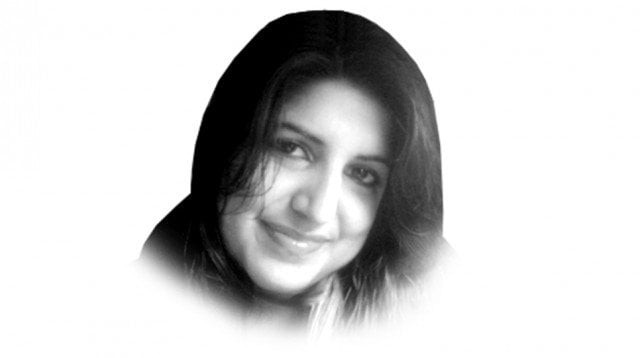Close the window

The greatest concern with free expression has always revolved around how much of it constitutes ‘too’ much. The Facebook fiasco and the Rushdie fatwa show that there are consequences to freedom in practical terms. Notions of freedom of expression were born out of deliberation during the European Enlightenment and adopted almost a century later during the French Revolution in 1789. The Muslim world seems to be travelling the reverse track, with an early enlightenment followed by a rapidly emerging descent into the dark, as fundamentalism replaces tolerance.
All modern concepts of free speech are prefaced by exclusion clauses. The most common objections involve the ‘harm principle’ and the ‘offence principle’. The ‘offence principle’ is a tricky concept, given that different people are ‘offended’ by different things. I have always found the debate to be a smokescreen for power groups to demand respect for whatever they choose. And a vast majority of people take their ‘offences’ very, very seriously. Seriously enough to kill for.
The internet has emerged as the only bastion of absolute freedom in the modern world. This ‘monster we can never capture or control’ showcases both the best and worst of the human condition. Websites like YouTube and Twitter are global cyber-coffee shops, allowing a (usually) pleasant voyeurism into the lives and thoughts of others as well as the chance to upgrade ones’ own identity. To make oneself prettier, smarter or fascinating via a profile page; a flattering photo or a perennially shifting status. Still, if the best of humanity is available for all to see online, so is the worst. One need only scroll down any YouTube video and read the comment section to stumble upon the sheer pettiness, bile and venom that infests the ‘public’ cyberspace. Public internet forums are a lot like public washrooms: the more people that use it, the filthier and harder they are to clean. This doesn’t take away from the fact that they provide much needed ‘relief’ to many people.
Do I wish that some people would keep their mouths shut and their thoughts to themselves? Absolutely. Would I advocate for that to happen? Never.
I am offended by much of what comes in the way of free expression but I try to do what any sensible person should. I close the window and move on.
Published in the Express Tribune, May 27th, 2010.















COMMENTS
Comments are moderated and generally will be posted if they are on-topic and not abusive.
For more information, please see our Comments FAQ